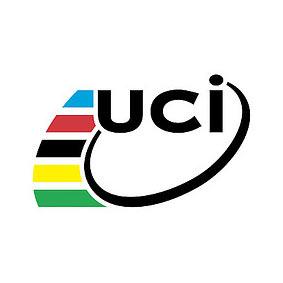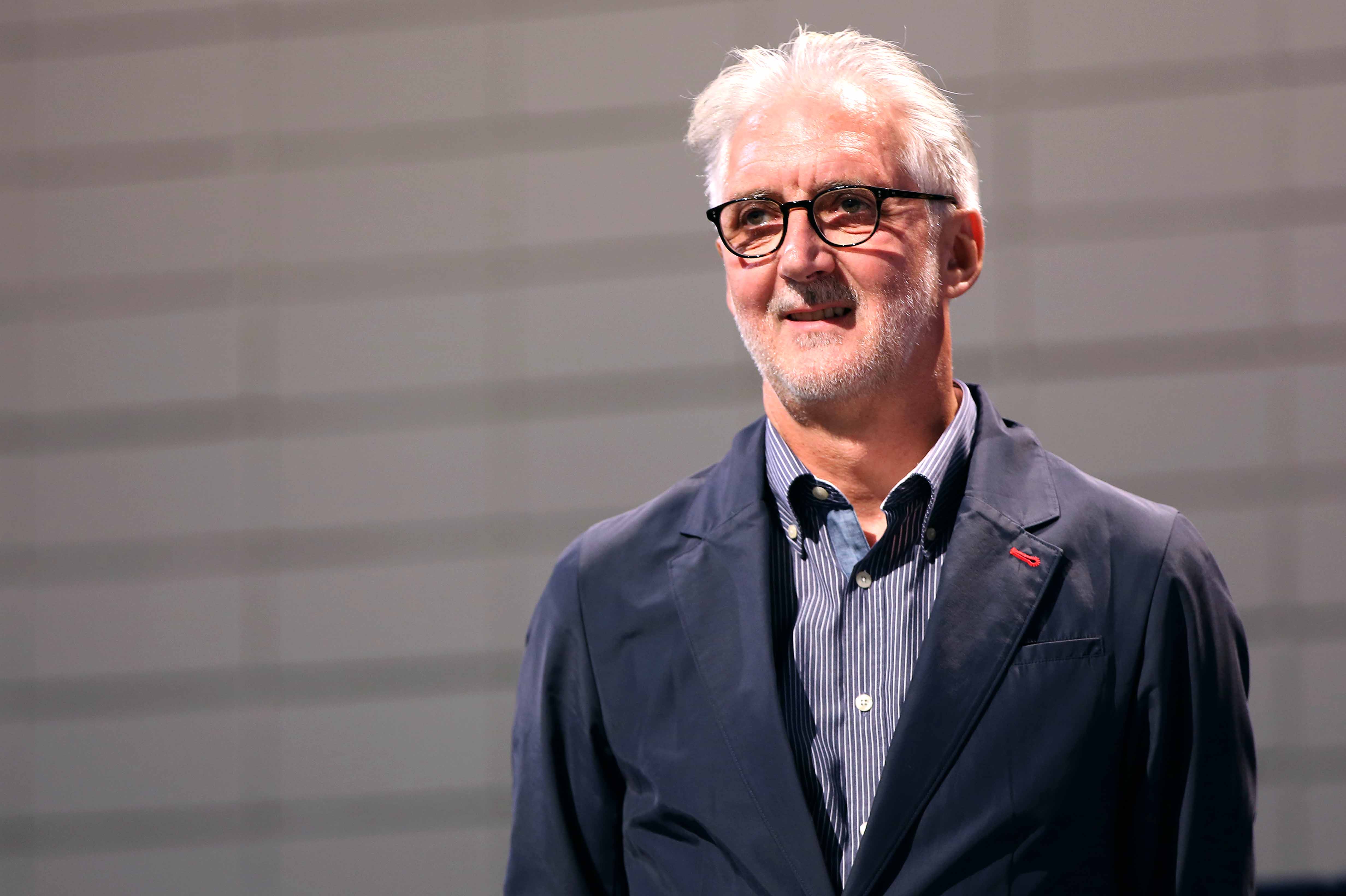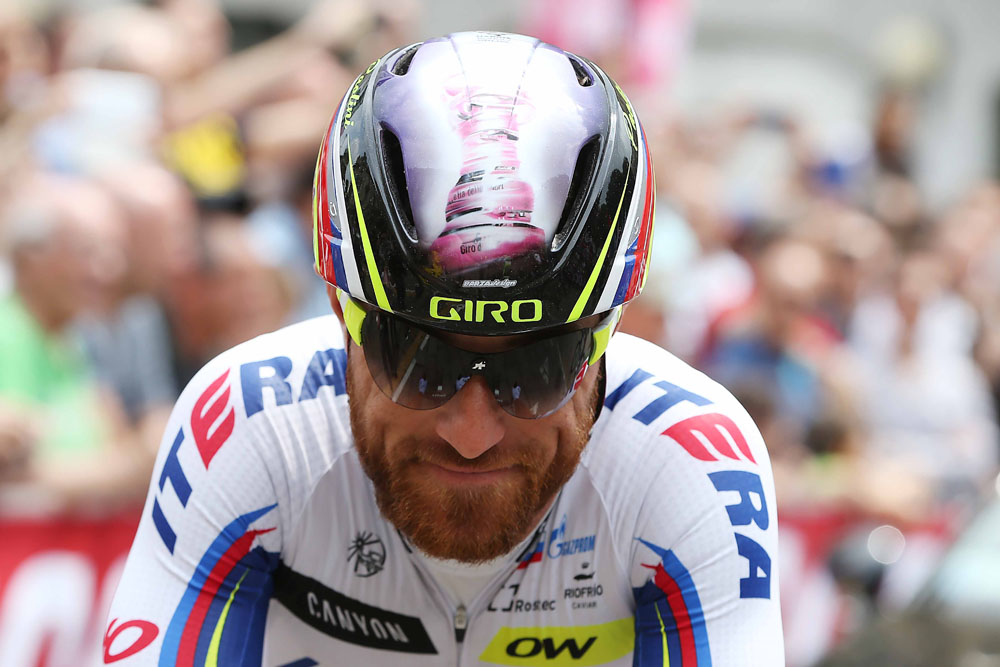UCI release Tour de France doping control numbers
Paolini only confirmed positive



In a press release issued yesterday, the UCI have detailed the level doping controls during this year’s Tour de France. The data revealed in the press release has been published by the Cycling Anti-Doping Federation (CADF).
According to the document, a total of 656 tests were completed during the three-week event. The anti-doping controls at the Tour de France were done in collaboration with the French Anti-Doping Agency (AFLD) and were all sent to the Châtenay-Malabry laboratory in France to be analysed. Of those tests completed, the majority, 482, were blood tests while the remaining 174 were urine tests.
“I would like to highlight once again the excellent climate in which all the stakeholders involved in the fight against doping work together on a daily basis for the benefit of our sport,” UCI president Brian Cookson said in the press release. “In particular, I would like to congratulate the AFLD and the CADF for their collaboration on this 2015 Tour de France. Thanks to the sharing of information between all anti-doping actors and a strategy focused on even more targeted controls, we can be confident of the robustness of our programme.”
There has been a lot of tension between the UCI and the AFLD in the past and it is only the second year that they have worked together on the Tour since the French organisation refused to collaborate with the UCI in the spring of 2013.
Ahead of the race, several night-time tests were done, however none took place during the race its self after it was blocked by French law. Currently, Luca Paolini (Katusha) is the only rider to have been confirmed as testing positive during the Tour de France. The Italian rider, who won Gent-Wevelgem earlier this year, produced an adverse analytical finding of cocaine following a test taken after the cobbled stage 4 of the French Grand Tour. He has been provisionally suspended by his team and is still awaiting the result of his B sample.
As has become procedure, the samples taken at the Tour de France will be stored for potential future testing. “The UCI, the CADF and the AFLD have agreed to keep the samples for potential retrospective analyses in the future. As for all Grands Tours, all the collected samples concerning the best five riders in the general classification will be kept for ten years for potential retrospective analyses,” said Bruno Genevois, President of the AFLD.
Get The Leadout Newsletter
The latest race content, interviews, features, reviews and expert buying guides, direct to your inbox!